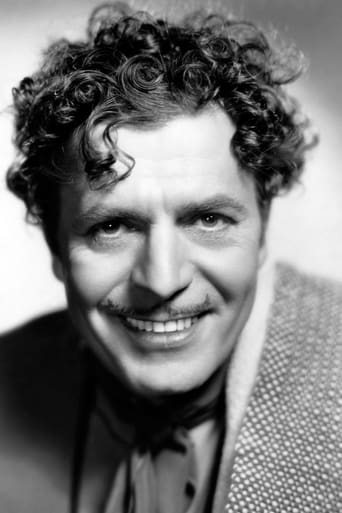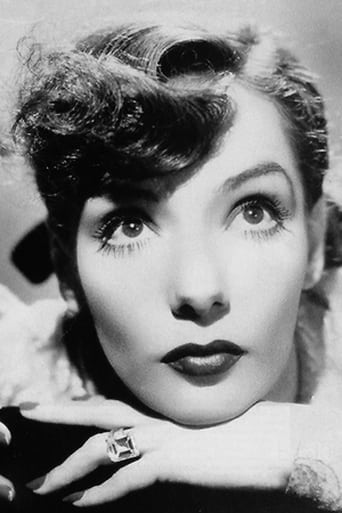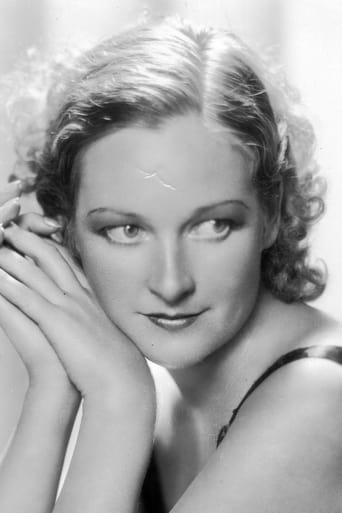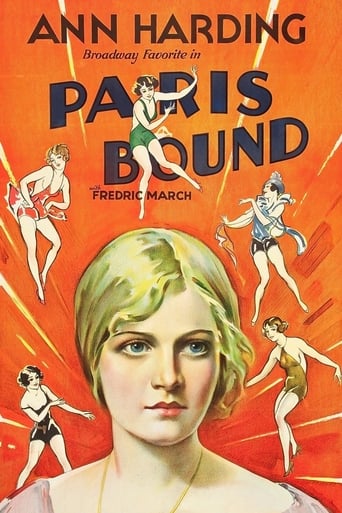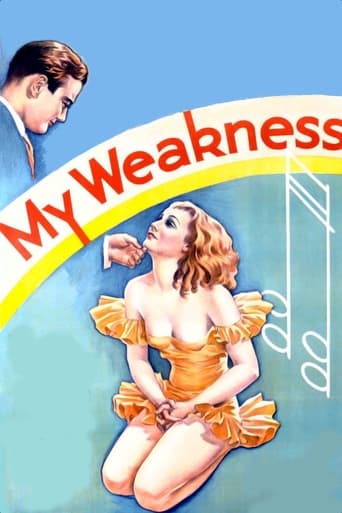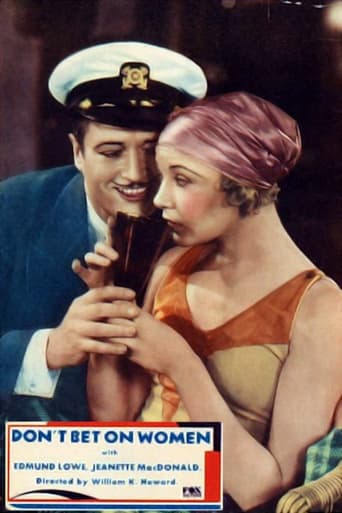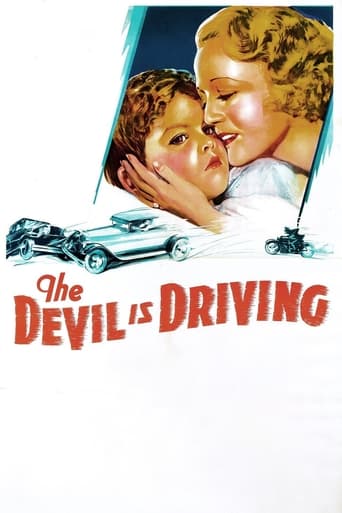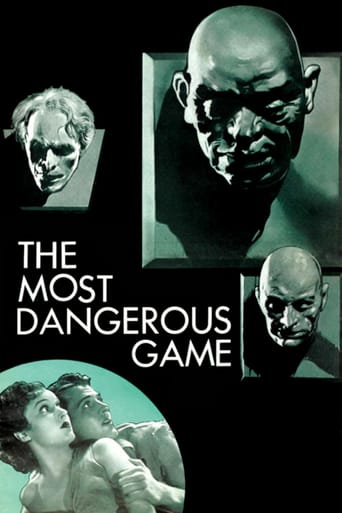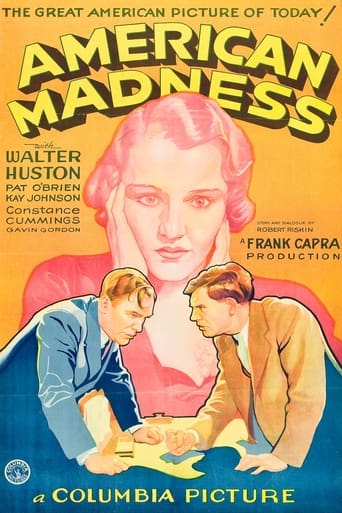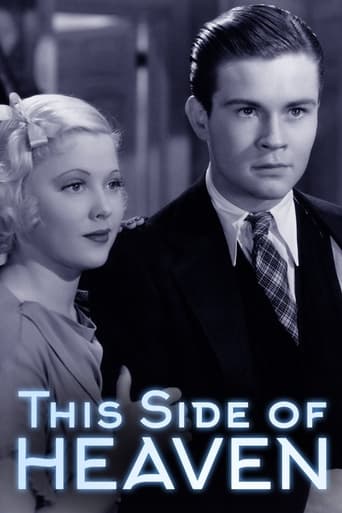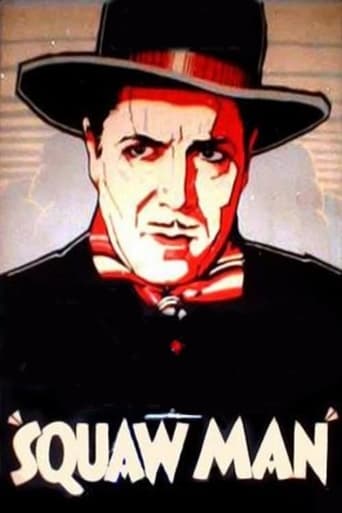
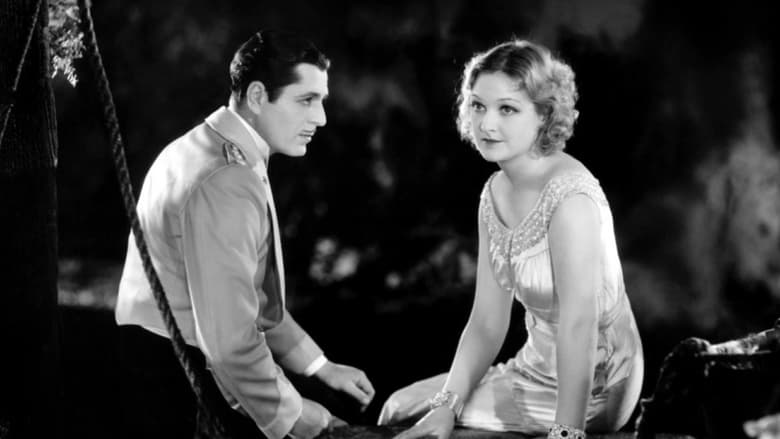
The Squaw Man (1931)
Jim Wyngate, an English aristocrat, comes to the American West under a cloud of suspicion for embezzlement actually committed by his cousin Lord Henry. In Wyoming, Wyngate runs afoul of cattle rustler Cash Hawkins by rescuing the Indian girl Naturich from Hawkins. Wyngate marries Naturich, but then learns that his cousin Lord Henry has been killed and has cleared his name before dying. As Wyngate has long loved Lady Diana, Lord Henry's wife, he is perplexed at his situation. But fate takes a hand and resolves matters as Wyngate could not have predicted.
Watch Trailer
Cast


Similar titles
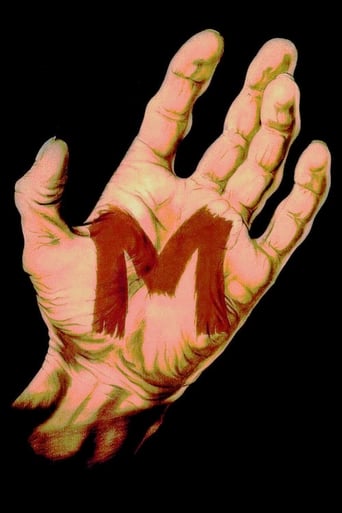
Reviews
Considering that this film was made in 1931, it sure looks more like a silent film with words rather than a more modern looking film. In 1931 we had films like "Frankenstein", "Cimarron", "Mata Hari", "City Lights", "Dracula", "M", "Public Enemy", "Dr. Jekyl and Mr. Hyde", and "Monkey Business". All of these films had better acting, camera work and better use of sound, and they all had a more modern script. "The Squaw Man" was the third filming of the play, all of them by Cecil B. DeMille. The play was written in 1905 and starred future famous silent film cowboy William S. Hart. It ran for nearly a year and was revived several times, then spawned a novel. But all 3 versions held steady to the Victorian plot, and even by 1931 it seems dated.
As all film buffs know Cecil B. DeMille's first version of The Squaw Man was the very first film done in what we now call Hollywood. He did a second silent version and for his third film on his MGM hiatus from Paramount he did it once again.Third time was not the charm. Although the actors, especially Warner Baxter as the disgraced English Earl who goes to the American west and meets, weds, and beds an Indian maiden, Lupe Velez are competent and sincere the film is terribly dated. Depression audiences simply were not interested in a Victorian morality tale with a dose of the British stiff upper lip.It all sounds so quaint and ridiculous. Baxter is accused of embezzlement and he knows who the culprit is, but won't inform because he doesn't want to disgrace the other guy's family. So with admirable rectitude he heads west and make a new life in America.He also manages to make an enemy of Charles Bickford who was another rancher who covets his land. But Baxter finds love with Lupe, as did most of Hollywood in real life, and he has a son who will in fact inherit his title.Cecil B. DeMille was a child of his time. Melodramas like The Squaw Man was the stuff that the legitimate theater did when he grew up and learned his trade from David Belasco. But audiences weren't buying it in 1931, people had real issues about where the next meal was coming from and could they find work. A story about some Victorian honor code just wasn't marketable.It's a sincere film though and it might be worth a look to judge what public tastes were at the turn of the last century and before the Roaring Twenties.
Lupe Vélez proves that a Mexican playing a Native American in the United States isn't necessarily any less insulting than a white person taking the part. Here, Vélez doesn't even dress the part--wearing traditional Mexican-looking clothes. I would overlook the racism inherit in "The Squaw Man" melodrama--cloaked in the selling point of miscegenation--if there were anything more to the picture. Cecil B. DeMille was shot at while making the 1914 version of the hackneyed stage soap opera, and this time he lost his job. If anyone finds the 1918 version, I'll pass. Why did DeMille bother? In 1914, he was learning the craft; by 1931, he was a competent filmmaker, who had since surrendered his ambitions for artistic innovation in favor of lowbrow commercialism. I suppose, then, that it made sense for DeMille to try a talkie remake of his first box-office success. The plot is slightly more coherent this outing, but remains very contrived. The acting and dialogue are atrocious.(There's also a scene where Vélez undresses.)
An English aristocrat becomes 'THE SQUAW MAN' after leaving Britain under mysterious circumstances and marrying an Indian maiden in the American West.At the end of the Silent Era, famed director Cecil B. DeMille signed a deal with MGM to produce three pictures over three years. For the first two--DYNAMITE (1929) and MADAM Satan (1930)--he pulled out all the stops to present lavish photoplays of New York high society, with a mine cave-in and a dirigible disaster to liven things up.For his third film at MGM DeMille returned to his favorite story, which he'd already filmed twice before as a silent. For this talkie version he kept the story simple, without special effects or unnecessary melodrama. He also made outstanding use of filming on location in Arizona. The result is a well-made film with a poignant storyline and an emotionally gripping conclusion.While Warner Baxter's American accent makes him rather unbelievable as an Englishman, this can be easily overlooked because of his fine performance. Steadfast & strong, he makes a sturdy hero. But acting honors go to Lupe Velez, who strips away all unnecessary technique & mannerisms to deliver an uncomplicated, heartbreaking portrayal of a primitive woman wholly devoted to the man she adores and their son. Without even trying, she completely dominates the film.The rest of the cast also make their mark in much smaller roles: beautiful Eleanor Boardman as the titled Englishwoman Baxter loves; owlish Roland Young as Baxter's best friend; shifty Paul Cavanagh as the feckless Earl of Kerhill; and Julia Faye as a fox hunting American widow.Out West, the cast includes angry Charles Bickford as a murderous rancher intent on grabbing Buzzards Pass from Baxter; bullying DeWitt Jennings as the corrupt sheriff of Maverick; J. Farrell MacDonald as Baxter's loyal ranch hand; and little Dickie Moore, one of the OUR GANG kids, as the lively son of Baxter & Velez. Wizened old Luke Cosgrave gives a few humorous moments as the cantankerous driver of a desert jalopy.DeMille's sojourn at MGM was not a commercial success for the Studio. His contract wasn't extended and he returned to Paramount, where he would soon commence on some of the most popular films of his career.


